Random Free Articles
- Shaolin Kung Fu: A World Heritage Tradition
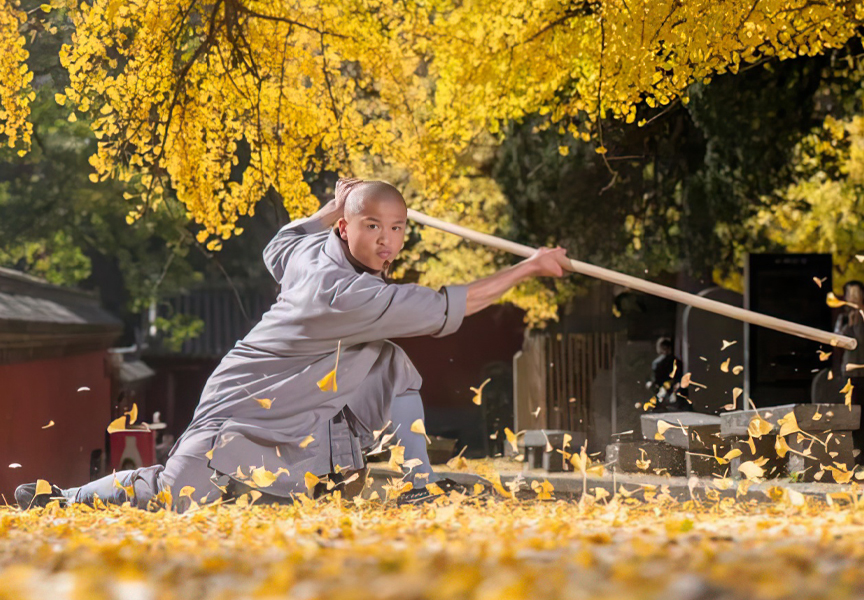
Nestled within the dense forests of the Song Mountain in Henan Province, China, lies a sanctuary of ancient martial arts wisdom - the Shaolin Temple. For over 1,500 years, Shaolin Kung Fu has been revered as one of the most iconic and influential martial arts disciplines in the world. Its legacy transcends physical combat, embodying a profound philosophy that intertwines mind, body, and spirit. Recognized as a UNESCO World Heritage Site in…
- Shaolin Rou Quan in Medicine and Health Promotion
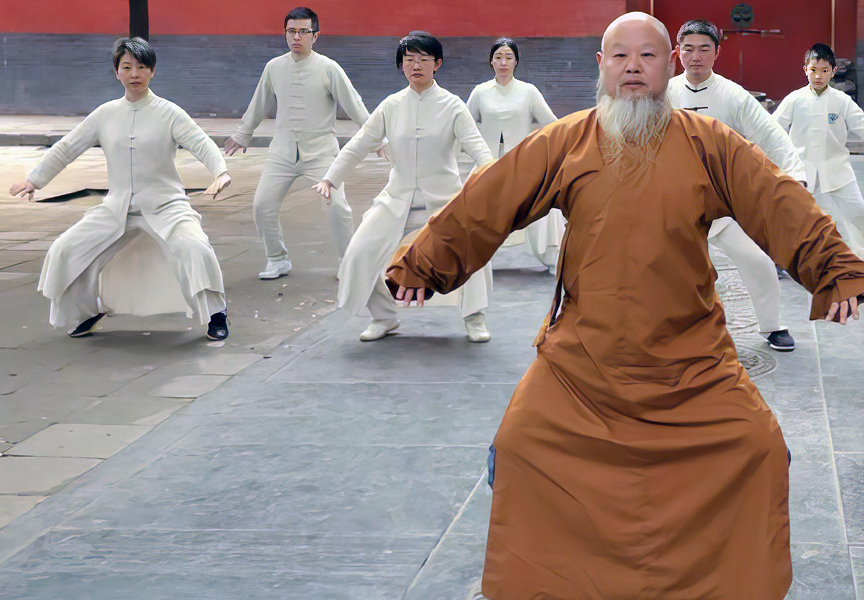
For centuries, the Shaolin Temple in China has been celebrated as the birthplace of martial arts, known for its legendary kung fu techniques and the dedication of its monks. While martial arts are primarily associated with self-defense and physical fitness, there is a lesser-known aspect of Shaolin culture that has been gaining recognition in recent years: Shaolin Rou Quan [Chin.: Shàolín Róu Quán 少林 柔拳]. This gentle and graceful…
- The Horse Stance in Shaolin Kung Fu
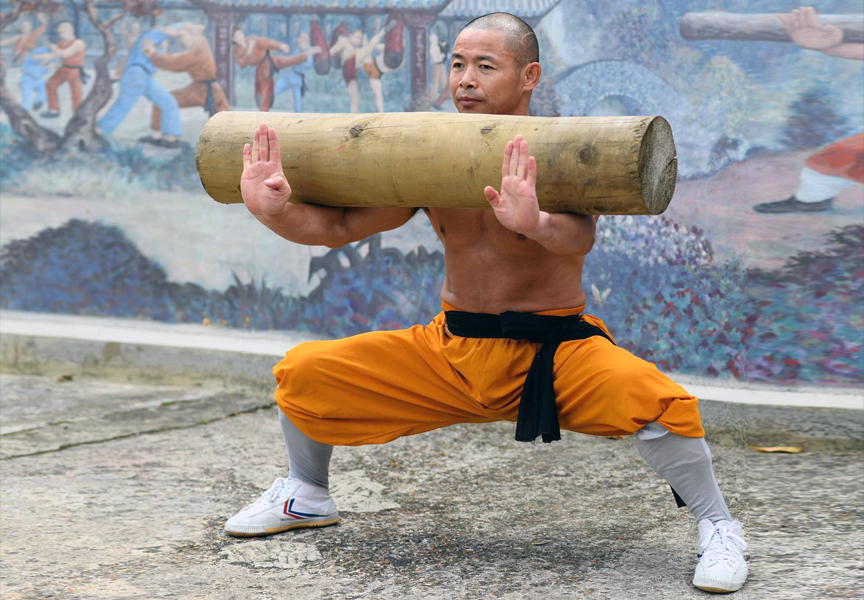
Shaolin Kung Fu, with its roots in ancient Chinese martial arts, is renowned for its diverse techniques and holistic approach to physical and mental well-being. At the heart of Shaolin training lies the Horse Stance, known as Mabu - [Chin.: mǎ bù 马步] in Chinese. This fundamental stance serves as the cornerstone of many martial arts disciplines, providing practitioners with a solid foundation for strength, balance, and internal energy…
- Control Mind and Emotions in Martial Arts
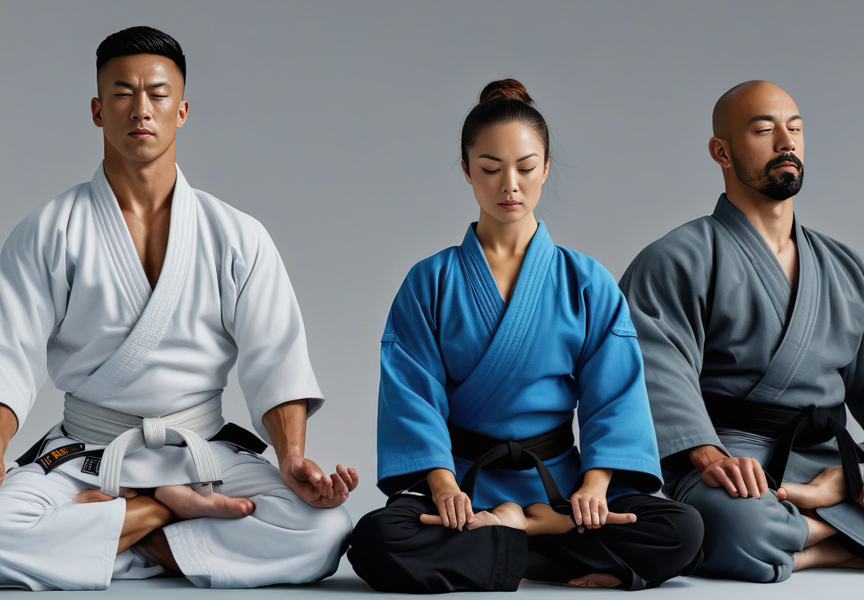
Martial arts, a practice deeply rooted in physical prowess, discipline, and mental fortitude, offers a profound journey into self-mastery. Beyond the techniques and physical conditioning lies an essential aspect often overlooked by novices and even experienced practitioners: the control of the mind and emotions. Mastery in martial arts extends beyond the dojo; it is the equilibrium of body and mind, the harmonious synchronization of physical…
- Martial Arts Compulsory in Educational Institutions for a Healthier Society
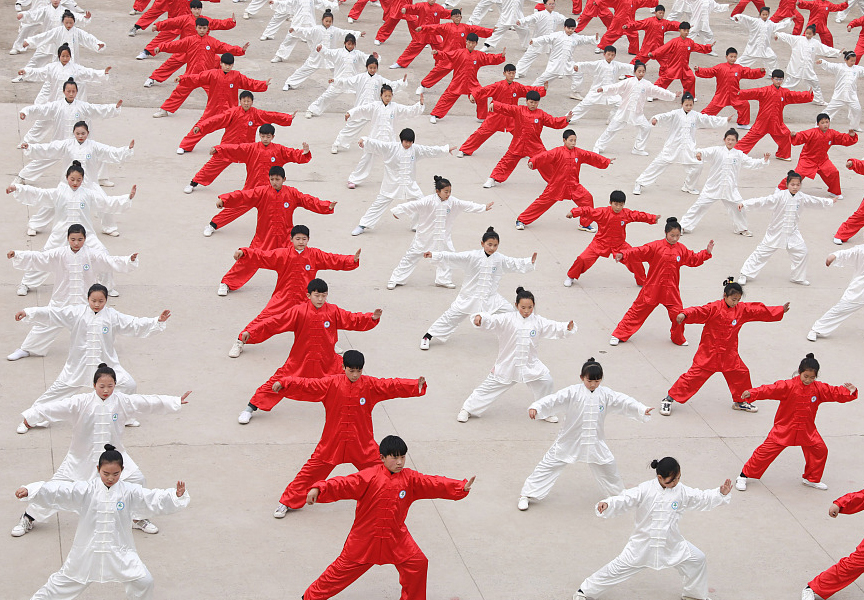
Martial Arts Compulsory in Educational Institutions for a Healthier Society In today's fast-paced and increasingly sedentary world, the importance of physical activity cannot be overstated. Sedentary lifestyles contribute to a myriad of health issues, ranging from obesity to cardiovascular diseases. As societies grapple with these challenges, it becomes imperative to explore innovative solutions to promote physical well-being. One such…

